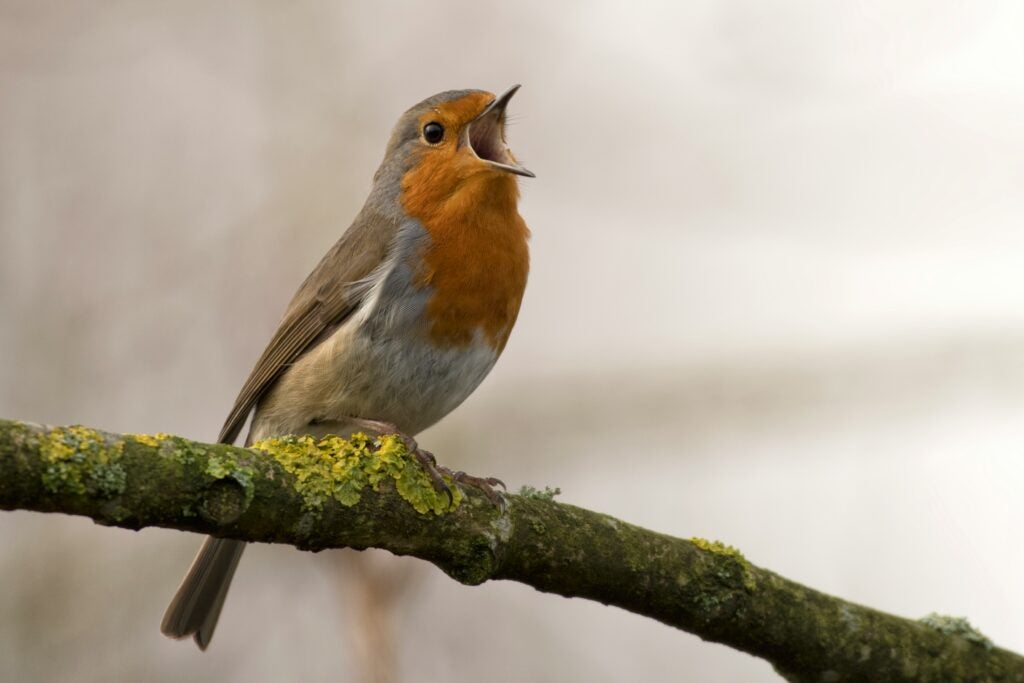Cleaning bird feeders critical for spring
Published 1:23 pm Wednesday, March 20, 2024
|
Getting your Trinity Audio player ready...
|
With warm weather and longer days on the way, many Kentuckians will begin sprucing up their yards and gardens, and the Kentucky Department of Fish and Wildlife Resources (KDFWR) reminds you to include cleaning your bird feeders as part of the project.
As spring migration gets in full spring, feeders around the yard provide a great way to attract and view migrating songbirds. However, it’s important the feeders are cleaned on a regular basis so they don’t spread disease.
“Bird feeders are high contact areas where you have a lot of birds congregating around one shared food source,” said Dr. Christine Casey, KDFWR wildlife veterinarian. “If one of the birds visiting a feeder is sick, it has the potential to spread disease to other birds at the feeder.”
To keep birds healthy, KDFWR recommends:
- Clean feeders every two weeks. Discard old food and debris and wash the feeder with dish soap and water. Thoroughly rinse before soaking the feeder in a solution of one part bleach and nine parts water. Rinse thoroughly and dry completely before refilling.
- Rake up seed hulls and other waste beneath feeders. Moldy or spoiled food can make birds ill.
- Properly store food in a closed container to keep food fresh and prevent pests.
- For birdbaths, clean the bath’s basin every one to two weeks by filling it with a solution of one part bleach and nine parts water. Cover the bath with a trash bag and let it soak for 15-20 minutes. Drain the bleach/water mixture in a safe area. Rinse the bath thoroughly and let it dry in the sun before refilling.
When cleaning bird feeders, practice good hygiene: wear disposable gloves, avoid touching your face, and wash hands with soap and warm water for at least 20 seconds after handling feeders and birdbaths.
Sadly, if multiple deceased birds are discovered at feeders, report observations to Kentucky Fish and Wildlife via the online sick or dead bird reporting portal or by calling the agency’s Information Center at 1-800-858-1549, from 8 a.m. – 4:30 p.m. (ET) weekdays, excluding holidays.



